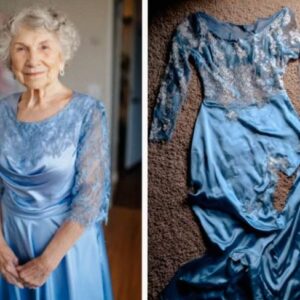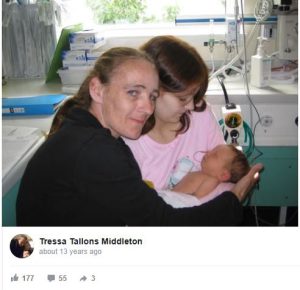In a surprising turn of events within the entertainment industry, actor Jim Caviezel has made headlines for refusing to collaborate with the acclaimed Robert De Niro, branding him as an “awful, ungodly man.” The announcement has sent shockwaves through Hollywood, sparking discussions about the intersection of personal convictions and professional collaborations. This article explores the details surrounding Caviezel’s bold decision, the reasons behind his refusal to work with De Niro, and the broader implications of such public declarations within the film industry.
Jim Caviezel, best known for his portrayal of Jesus Christ in Mel Gibson’s “The Passion of the Christ,” has built a reputation for his strong Christian beliefs and commitment to roles that align with his moral values. On the other hand, Robert De Niro, an iconic figure in the industry, is known for his diverse roles and outspoken views on various social and political issues. Caviezel’s refusal to work with De Niro has put a spotlight on the clash between personal ethics and the collaborative nature of filmmaking.
Fact Check: Did Jim Caviezel Refuse To Work With Robert De Niro Because He Was ‘Ungodly’?
Caviezel’s declaration came during a recent interview where he was asked about potential collaborations with De Niro. The actor responded unequivocally, stating, “I won’t work with Robert De Niro. He’s an awful, ungodly man.” The strong language used in the statement immediately caught the attention of the media and fans alike, prompting questions about the nature of the alleged conflict between the two actors.
While Caviezel did not delve into specific details during the interview, it is evident that his decision is rooted in a fundamental clash of values. Given Caviezel’s outspoken Christian faith and dedication to projects that align with his moral compass, it is reasonable to assume that he perceives a misalignment with De Niro’s public persona or past actions. The lack of specificity in Caviezel’s statement has fueled speculation and intensified public interest in understanding the dynamics at play.
The entertainment industry is no stranger to actors taking public stances on various issues, including their refusal to work with certain individuals. However, Caviezel’s bold statement has elicited mixed reactions. Some applaud his commitment to his principles, seeing it as a rare act of authenticity in an industry often criticized for its moral ambiguity. Others question the wisdom of making such public declarations, suggesting that it may limit professional opportunities and perpetuate division within the industry.
Caviezel’s refusal to work with De Niro raises broader questions about how actors navigate their personal beliefs within the collaborative and often politically charged environment of Hollywood. While the industry has historically thrived on diversity of thought and expression, instances of actors drawing lines based on personal values are becoming more frequent. The incident reflects the evolving landscape of Hollywood, where individuals feel compelled to assert their principles, even at the risk of professional consequences.
The entertainment industry has seen instances where actors’ public statements have both enhanced and hindered their careers. Caviezel’s refusal to work with De Niro may garner support from like-minded individuals who appreciate his commitment to his beliefs. However, it also raises questions about the potential impact on his future collaborations and the perception of industry professionals who may view such public declarations with caution.
Jim Caviezel’s deep Christian faith has been a defining aspect of his public persona. His role in “The Passion of the Christ” catapulted him into the spotlight as an actor unafraid to take on roles that resonate with his spiritual convictions. The clash with De Niro underscores the challenges faced by actors who seek to maintain their integrity in an industry known for its complexities and moral ambiguities.
Beyond the individual actors involved, Caviezel’s refusal to work with De Niro prompts reflection on the broader implications for Hollywood and the entertainment industry. The incident highlights the ongoing tension between personal beliefs and the collaborative nature of filmmaking. As actors increasingly use their platforms to express their values, the industry may witness a shift in dynamics, with more individuals choosing to take a stand on issues they hold dear.
Jim Caviezel’s decision to refuse collaboration with Robert De Niro based on moral grounds has ignited a conversation about the intersection of personal convictions and professional engagements within Hollywood. The incident sheds light on the evolving landscape of an industry where actors, driven by their principles, are making public declarations that resonate with their beliefs.
As the entertainment industry continues to navigate these complexities, the clash between Caviezel and De Niro serves as a reminder of the delicate balance between personal ethics and the collaborative spirit that defines filmmaking.





